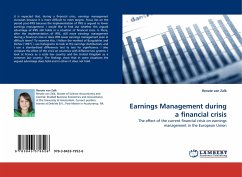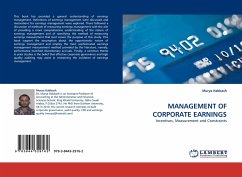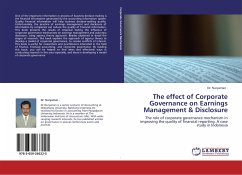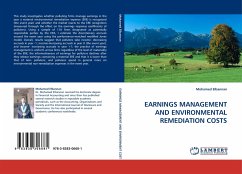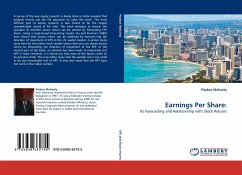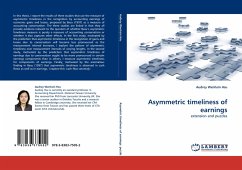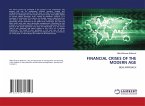It is expected that, during a financial crisis, earnings management increases because it is more difficult to meet targets. Focus lies on the period post-IFRS because the implementation of IFRS is argued to lower earnings management. I would like to find out whether this argued advantage of IFRS still holds in a situation of financial crisis. Is there, after the implementation of IFRS, still more earnings management during a financial crisis or does IFRS lower earnings management even in difficult times? To examine this, I follow the method of Burgstahler and Dichev (1997). I use histograms to look at the earnings distributions and I use a standardized differences test to test for significance. I also compare the effect of the crisis on countries with different law systems. I look at France as a code law country and the United Kingdom as a common law country. The findings show that in some situations the argued advantage does hold and in others it does not hold.
Bitte wählen Sie Ihr Anliegen aus.
Rechnungen
Retourenschein anfordern
Bestellstatus
Storno

